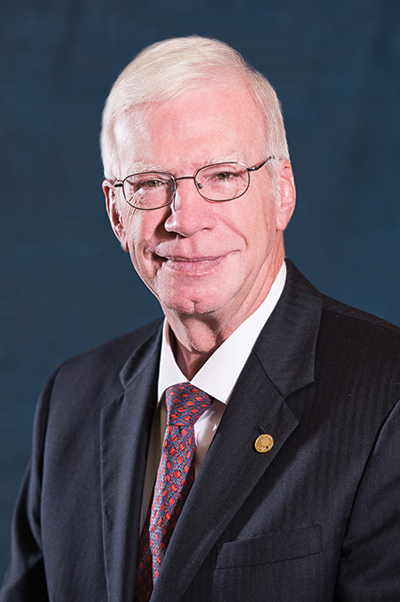R. Bruce Williams, MD
February 2019—In last month’s column, we talked about practice engagement as an umbrella term for laboratory medical direction and practice management that builds strong relationships within and beyond the laboratory. The CAP Practice Management Committee has been taking the lead on this, but it cuts across multiple domains; the conundrum, as always, is the complexity of what we do. Practice management tools designed for other settings cannot meet our needs because we must address economy, efficiency, effectiveness, and collegiality concerns specific to pathology. But then, affinity for complexity is how we landed here in the first place, so that plays to our strengths.

R. Bruce Williams, MD
Patrick Wilson, MD, who chairs the CAP Practice Management Committee, thinks about practice engagement in terms of three buckets: 1) day-to-day financial management—billing, coding, and such; 2) practice sustainability in a constantly changing environment; and 3) peer and personnel relationships. Most critically, he says, we need to know the revenue cycle within our practices and how the value of our contributions is measured.
Last month, we talked about tools that the Practice Management Committee provides for our members. Access to the CAP practice management assistance program, which offers tailored recommendations provided by a CAP analyst with decades of directly relevant experience, was one. The CAP value-based business toolkits, which cover everything from billing and cost management to creating an annual report, were another. The Practice Management Committee also supports the CAP Practice Managers Forum. Membership in the forum is open to any practice manager employed by a practice in which at least one physician member is a CAP fellow. The benefits include access to practice management assistance, website tools, and invaluable peer support.
Advocacy is a critical element of practice management because policymakers who don’t understand the ways our specialty contributes to their constituents’ well-being have no reason to protect the laws and regulations that keep the lights on. The CAP Council on Government and Professional Affairs, chaired by Donald Karcher, MD, ensures that we communicate effectively about the importance of a patient-centric, even-handed legal and regulatory environment. The CAP advocacy team works to set a healthy milieu for good practice in pathology, and it keeps us visible, meaning sustainable as well as solvent.
Our advocacy group also manages the CAP Policy Meeting, a powerful exercise in citizenship and a unique opportunity to experience a highly nuanced environment firsthand. Pathologists who attend get in-depth knowledge of the rationale underlying our proposals and positions along with training in how to educate members of Congress and their aides about who we are and what we do. This year’s meeting will be held April 29–May 1 at the Marriott at Metro Center in Washington, DC. Attendance would be a fine investment in your leadership skills and the future of our specialty. Registration information is on the CAP website.
 CAP TODAY Pathology/Laboratory Medicine/Laboratory Management
CAP TODAY Pathology/Laboratory Medicine/Laboratory Management
